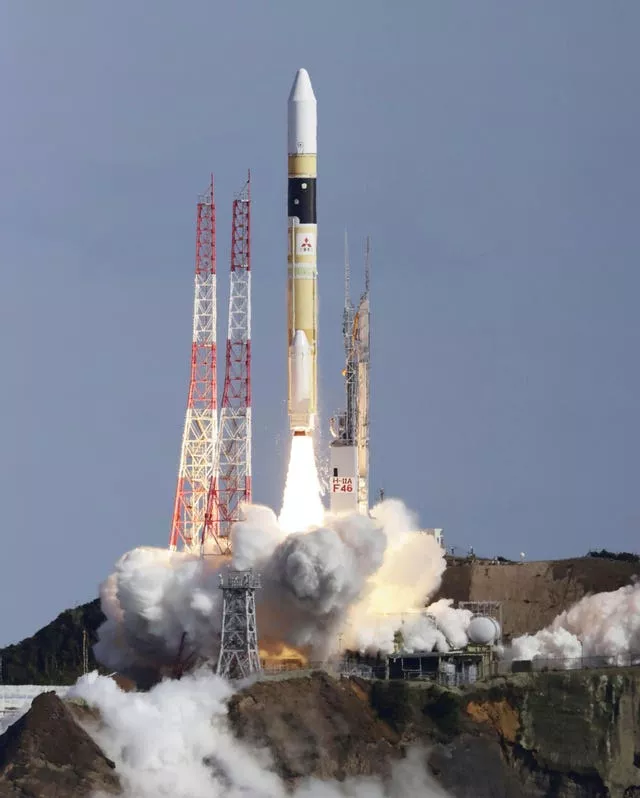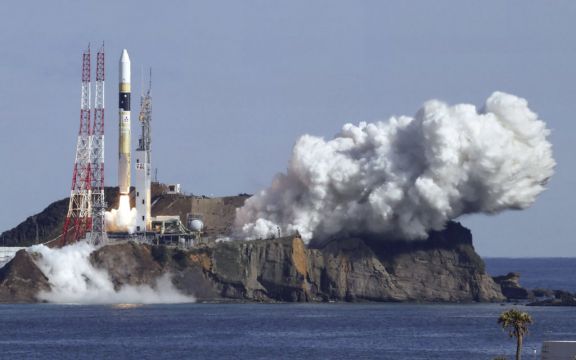Japan has successfully launched a rocket carrying a government intelligence-gathering satellite on a mission to watch movements at military sites in North Korea and improve natural disaster response.
The H2A rocket, launched by Mitsubishi Heavy Industries, lifted off from the Tanegashima Space Centre in south-west Japan, carrying the IGS-Radar 7 reconnaissance satellite as part of Tokyo’s effort to build up its military capability, citing growing threats in East Asia.
The satellite later entered its planned orbit, Mitsubishi Heavy said.
The Intelligence Gathering Satellite (IGS) can capture images on the ground round the clock even in severe weather conditions.

Japan launched the IGS programme after a North Korean missile flyover of Japan in 1988 and aims to set up a network of 10 satellites to spot and provide early warning for possible missile launches.
The satellites can be also used for disaster monitoring and response.
“The government will maximise the use of IGS-Radar 7 and other reconnaissance satellites to do the utmost for Japan’s national security and crisis management,” Prime Minister Fumio Kishida said in a statement on Thursday as he praised the successful launch.
Mr Kishida’s government in December adopted a new national security strategy, including possessing long-range cruise missiles as a “counterstrike” capability that breaks from the country’s exclusively self-defence-only postwar principle, citing rapid weapons advancement in China and North Korea.
Possible counterstrikes that aim to preempt enemy attacks would require significant advancement in intelligence gathering and cybersecurity capability, as well as significant assistance from Japan’s ally, the United States, experts say.
The Mitsubishi Heavy-operated, liquid-fuel H2A rocket has recorded 40 consecutive successes since a failure in 2003.
Mitsubishi Heavy and the Japan Aerospace Exploration Agency are co-developing their new flagship H3 rocket as the successor to the H2A, which is set to retire in 2024.
The first launch of H3 is set for February.







